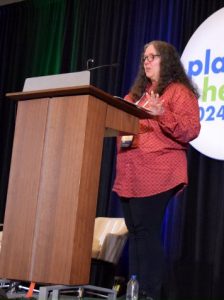
A UF/IFAS professor has been selected to lead the largest and oldest organization of plant pathologists in the world.
Dr. Karen Garrett, Preeminent Professor of Plant Pathology, was elected president of the American Phytopathological Society at the organization’s annual meeting – Plant Health 2024 – in Memphis, TN.
Leading the society is “an opportunity to understand what the greater community of plant pathologists is interested in,” Garrett said, “and what can move plant pathology forward.” Garrett plans to bring one of her research interests – the global coordination of plant pathology efforts – to her new role.
Founded in 1908, APS is the largest professional organization for plant pathologists, with approximately 4,500 members worldwide. In addition to regional divisions across the United States and Canada, APS has a division representing African nations and another representing the Caribbean, the Greater and Lesser Antilles and Central and South America.
Garrett’s commitment to training the next generation of plant pathologists makes her a natural fit to lead APS, according to Dr. Mathews Paret, chair of the UF/IFAS Department of Plant Pathology. Over the last five years, Garrett has guided 25 students and postdoctoral associates. “Many of them have graduated and now lead research programs around the world, conducting active research in many countries,” Paret said.
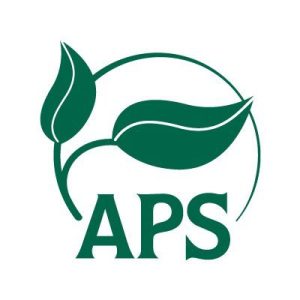
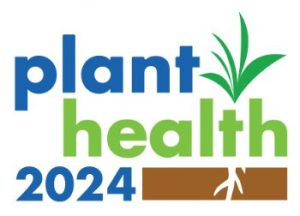 Garrett’s election means greater attention for her current research. Jacobo Robledo, a graduate student in Garrett’s lab, welcomes the spotlight. “It’s really motivating,“ Robledo said. “You’re in the lab of the president of APS, so your research must be something important. You’re going to have more visibility, and also a little bit of stress – in a good way.”
Garrett’s election means greater attention for her current research. Jacobo Robledo, a graduate student in Garrett’s lab, welcomes the spotlight. “It’s really motivating,“ Robledo said. “You’re in the lab of the president of APS, so your research must be something important. You’re going to have more visibility, and also a little bit of stress – in a good way.”
Garrett’s research focuses on improving systems that support food security and conservation, and interest she developed as an undergraduate. “I was interested in the world food problem – how to produce enough food for people’s needs without damaging the environment outside of agriculture,” Garrett said.
After studying agronomy as an undergraduate, Garrett earned master’s degrees in plant pathology and statistics before continuing for her doctorate in plant pathology. “A background in statistics is important for scientists,” Garrett said, allowing them to better interpret their experiments and analyze their results.
Much of Garrett’s research deals with the human elements of plant pathology. “Plant pathologists talk about the disease triangle – the host, the pathogen and the environment,” Garrett said. “Sometimes we add another element – the people, which usually determines whether the system will be successful. If we leave out the human managers and how they make decisions, we can’t make effective solutions”
—————
Notes from Plant Health 2024
Members of the Garrett Lab led the workshop “Network Analysis in Plant Pathology Research,” where they delved into the intricacies of network science and gain hands-on experience in R to dissect complex data, from microbiome interactions to epidemic spread patterns.
Numerous UF faculty, students and researchers presented their work or led sessions at Plant Health 2024, including Katia Xavier, Garrett Giles, Jacobo Robledo, Ashish Adhikari, Vitor Moura, Kiersten Fullem, Aaron Plex Sulá, Mariana Herrera Corzo, Choaa Amine El-Mohtar, Andrea Karina Suazo Tejada, Andrea Suazo Tejada, Kellee Britt-Ugartemendia, Lauren Fessler, Galvin Alonzo, Romaric Armel Mouafo Tchinda, Amandeep Kaur, Renzo Ramirez, Mahesh Adhikari, Roshni Sawlani, Marie-Gabrielle Ayika, Toi Ketehouli, Ketsira Pierre, Christ Mane Belizaire, Lis Porto.
Students Roshni Panwala, Toi Ketehouli, Roshni Sawlani and Vitor Moura received travel grants to attend the meeting.
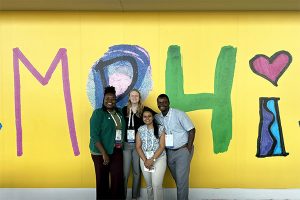
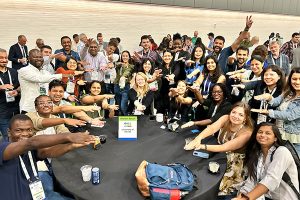
 6
6
